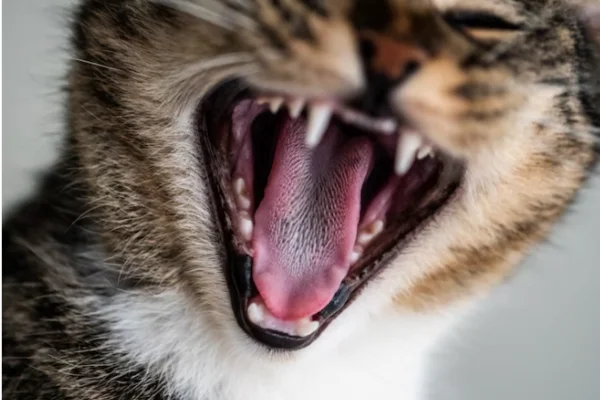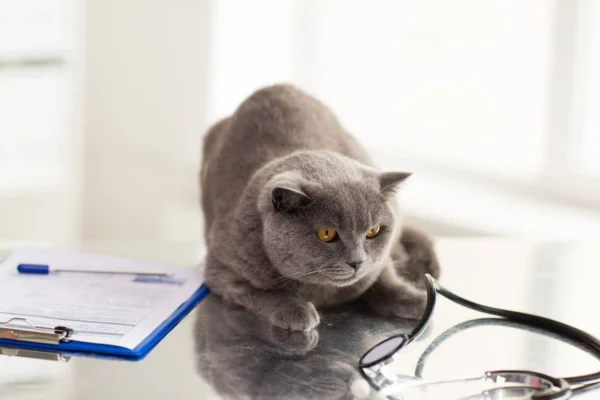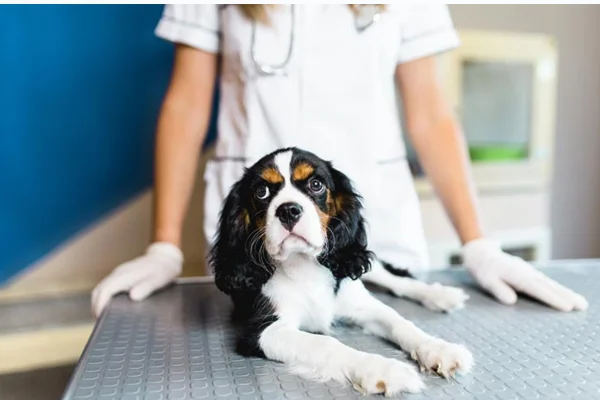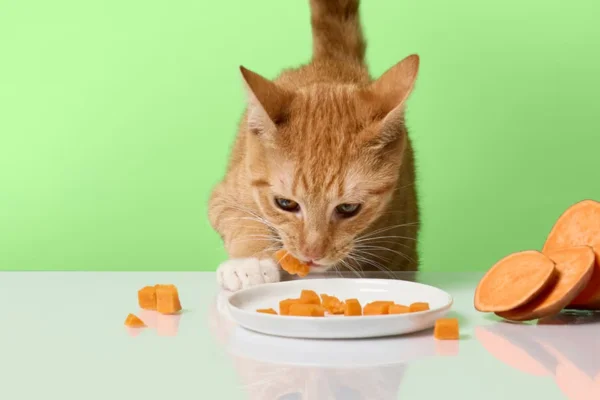Feline Periodontal Diseases: How to Prevent and Treat
As experts in feline health, we understand the importance of providing comprehensive and valuable information to cat lovers. One of the crucial issues that every cat owner should be aware of is their feline's oral health. Feline periodontal disease can be debilitating if not treated properly. In this article, we'll take a deep dive into the world of feline periodontal disease, exploring the causes, symptoms, prevention and treatment.
What are Feline Periodontal Diseases?
Periodontal disease in cats refers to oral health problems that affect the gums and teeth of these pets. They are more common than you might think and can cause serious discomfort, as well as affecting your cat's quality of life.
Causes of Periodontal Disease in Cats
Several causes can contribute to the development of feline periodontal disease:
Contents
- Accumulation of bacterial plaque: Similar to humans, cats can accumulate plaque on their teeth. Over time, this plaque can harden and turn into tartar.
- Poor nutrition: Diet plays a fundamental role in the oral health of cats. Diets rich in carbohydrates can increase the risk of periodontal disease.
- Genetic factors: Some cats may be genetically predisposed to developing dental problems.
- Lack of oral hygiene: Lack of brushing and proper oral health care can lead to the development of periodontal disease.
Symptoms of Feline Periodontal Diseases
Identifying symptoms early is fundamental to the effective treatment of periodontal disease in cats. Some common signs include:
- Bad breath: One of the first signs of dental problems in cats is persistent bad breath.
- Red or swollen gums: Inflamed gums can be an indication of periodontal disease.
- Difficulty eating: Cats with toothache may have difficulty chewing their food.
- Loose or missing teeth: The tooth can become loose or even fall out in advanced cases.
Prevention of Periodontal Diseases in Cats
Prevention is always the best approach when it comes to feline periodontal disease. Here are some essential tips for maintaining your cat's oral health:
Proper nutrition
Opt for a balanced diet, rich in protein and low in carbohydrates. This will help reduce the build-up of plaque on your teeth.
Regular brushing
Although it can be challenging, trying to brush your cat's teeth regularly is highly beneficial. Use specific toothbrushes and toothpastes for cats.
Dental Toys
Providing chewable toys specifically for oral health can help reduce plaque build-up and keep your cat's teeth healthy.
Treatment of Periodontal Diseases in Cats
If your cat is already showing symptoms of periodontal disease, it is crucial to seek treatment immediately. Treatment may involve:
- Dental cleaning: A vet will carry out a professional cleaning of your cat's teeth to remove plaque and tartar build-up.
- Tooth Extraction: In severe cases, it may be necessary to extract affected teeth to relieve pain and infection.
- Medication: The vet can prescribe medication to fight infection and pain.
Remember that prevention is always more effective than treatment. Therefore, adopt preventive measures to ensure that your feline has impeccable oral health.
In conclusion, feline periodontal disease is a common concern among cat owners, but it can be prevented and treated effectively. Maintaining a proper diet, regular brushing and regular veterinary appointments are essential to ensure your feline's oral health. Prioritize your cat's well-being and help them smile healthily.
If you liked our article, leave a comment and thank you
Thanks for stopping by, check out our other work too
https://vettopbr.com/tosse-em-caes/







